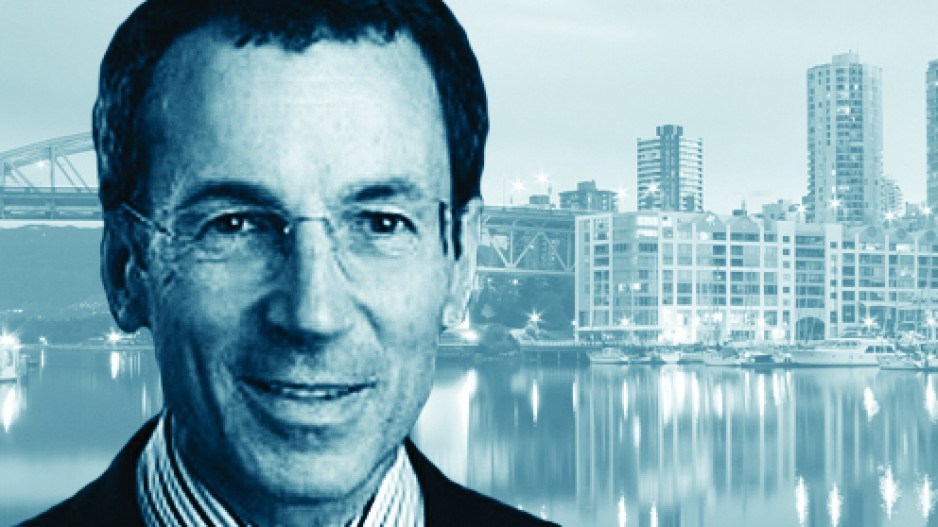The election that won’t go away will have come to some kind of end by the time you read this.
But what will persist, regardless of the eventual deals and coalitions, is the painful stretch between a high-carbon and low-carbon economy for B.C. that split so many votes and ridings.
All the parties are committed to a low-carbon future, up to a point. Defining that point will be job No. 1 for the next four years.
One place where that definition is clear is the City of Vancouver, where the next phase of its commitment to 100% renewable energy by 2050 just kicked in. Starting May 1, all new buildings seeking a rezoning must meet new, tougher energy efficiency and emissions targets – including a 50% reduction in greenhouse gases.
Rewind to the provincial election campaign and remember how this was positioned as a “ban on natural gas” in the city. And, yes, a 100% renewable-energy city in 2050 – a goal unanimously supported by Vancouver city Council in 2015 – would have little or no place for natural gas. And, yes, that would stress FortisBC’s ability to pay back its investments in the natural gas infrastructure that currently heats my home and probably yours, and fires up the grill at our favourite restaurants.
The BC Liberals would end the imagined ban, they said late in the campaign, apparently to quell fears that Gregor’s Green Police would stomp down our doors to squeeze off our natural gas supply.
The top-ranked comments under Frances Bula’s story about this in the Globe and Mail were peppered with the words “eco-fascism,” “inane greenwash,” “short-sighted eco-zealots,” “smug self-righteous ignorance” and “Moonbeam.”
Rearguard clarifications from the City of Vancouver – there was no specific natural gas ban; new buildings can meet the new requirements without added costs; the Urban Development Institute endorsed this; it’s aligned with the province’s own amended B.C. Building Code – stayed inside “eco-fascist” echo bubbles, it seems.
No, this will not be an easy transition.
But for anyone interested in facts, the evidence on display at Simon Fraser University’s Renewable Cities Global Learning Forum earlier this month made a compelling case that a low-carbon world might well be a wonderful, affordable, cleaner, job-rich place.
The conference highlighted cities from around the world that share Vancouver’s commitment to 100% renewable energy in buildings and transportation by 2050.
It’s an audacious challenge, but it’s getting easier to meet. According to Adnan Z. Amin, director-general, International Renewable Energy Agency, “In the last five to six years we’ve proved the economic case for renewables and energy efficiency.”
The cost of solar power has plunged 90% in the last six years. Electric vehicle battery pack costs have dropped by 65% in the same time.
“Climate change policies are now aligned with jobs and economic growth,” insisted Eduardo Paes, former mayor of the city of Rio de Janeiro.
While much debate swirls around B.C.’s cheap natural gas, new “passive houses” being built in Vancouver can be heated with a hair dryer. The ground is shifting.
San Francisco’s mayor is promising 5,000 new clean-energy jobs linked to the city’s transformation to renewable power through a city-owned grid. A representative of the mayor told the conference that city-supplied green energy costs less than energy supplied by the legacy utility and has attracted enough customers to cover 40% of the city’s energy load.
That was the key for one senior Vancouver official: offer citizens a better choice, rather than prescribe and regulate.
“Improve the quality and training around heat pumps to make them more attractive. Provide better electric vehicle charging. Invest in better walking, cycling and transit infrastructure that attracts people to a low-energy choice.”
The transition to a low-carbon future is a one-way street with lots of bumps. But international experience shows that if people are able to choose a greener car or home or energy supplier that works better for them, they won’t look back. •
Peter Ladner ([email protected]) is a co-founder of Business in Vancouver. He is a former Vancouver city councillor and former fellow




